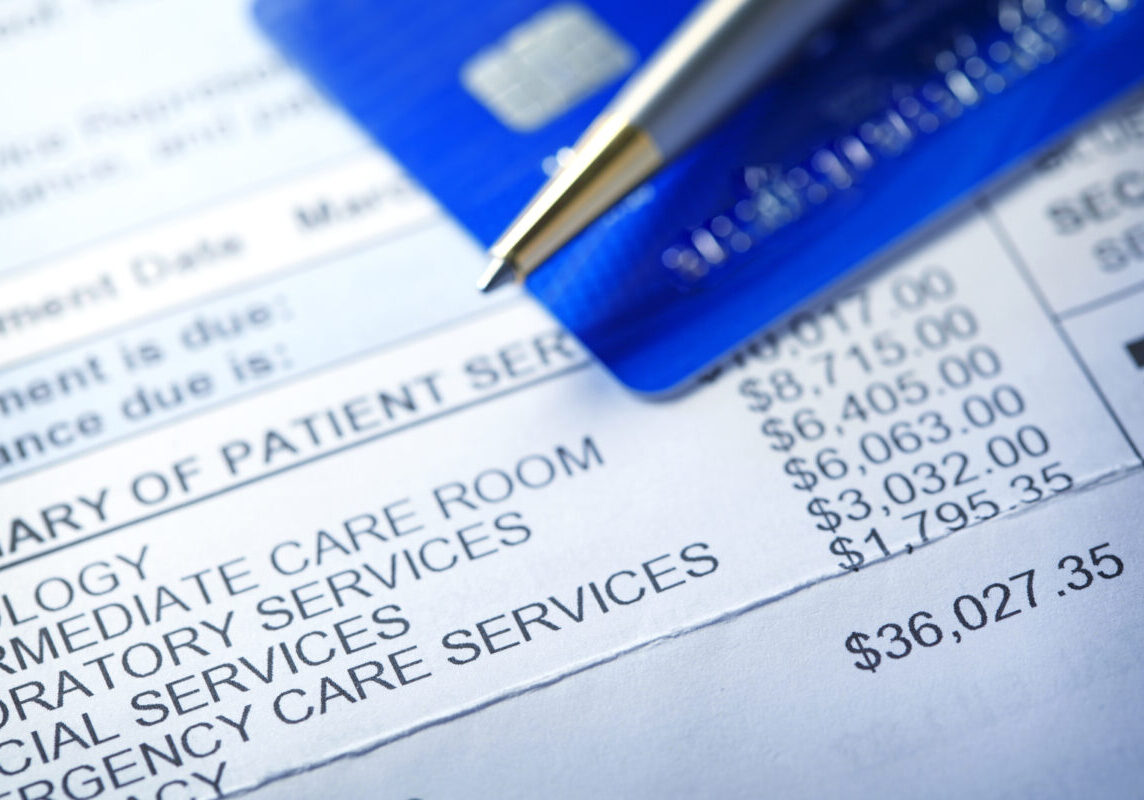Health Insurance Claim Denial? Get Help to Fight and Win

If you’ve been watching the news, you probably know that the CEO of UnitedHealthcare—the giant health insurance company that covers more than 50 million people—was murdered in cold blood on the streets of Manhattan. You may have followed the manhunt and seen the police arrest the suspected killer. In another time or maybe with another victim, the suspect would be the villain and the victim would likely garner pure sympathy. But this killing hit a nerve, unleashing a flood of health insurance denial stories.
Revealing a seething anger in the American people, patients took to social media to share how they had experienced a health insurance denial for everything from cancer treatment to pain medication post-surgery and equipment for disabled children. Healthcare providers chimed in, too, detailing health insurance denials for the care they deemed necessary.
The Public Anger Toward Health Insurance Companies
As impolite and perhaps unseemly as the unsympathetic responses are, these posts reflect a shared hostility towards health insurance companies in this country. Virtually everyone has experienced frustrating health insurance bureaucracy or knows of someone who has.
If life were a TV show, we’d see heartfelt introspection from the surviving health insurance executives. They would take their colleague’s death to heart and reflect on its broader meaning. They would connect the dots between their own work—as individuals or more broadly as an industry—with the public outcry over health insurance denials. In the made-for-TV story, insurance executives would recognize the power they have to make changes, and then take the opportunity to reform their industry.
Sadly, the idealized version of this story may be too optimistic for real life. The practice of denying coverage requests is all too common and it’s unlikely to go away any time soon. According to industry sources, 21% of U.S. adults with job-based health insurance reported that insurance refused to pay for care they needed in the past year.
Most Americans, faced with a health insurance denial, feel helpless. The appeal process is confusing and time consuming. It has a language all its own that only the deepest insiders understand.
Fighting A Health Insurance Denial
But very few people even try to fight their health insurance denial. Among people with a Medicare Advantage plan, only about 10% appealed a health insurance denial. Of those, insurers overturned more than 80% of denials, according to KFF.
For people who get their health insurance on the Health Insurance Marketplace (commonly known as Obamacare), 17% of claims were denied. Almost no one appealed; just 0.2% of those denials were appealed. Four times out of ten, though, appeals were successful.
These numbers don’t mean that fighting an insurance denial is easy, or that you’ll always win. But they do suggest it’s at least worth trying.
If you’re overwhelmed by the idea of going to battle with your insurance company, get help to do it. You can hire an independent Patient Advocate to help you fight health insurance denials and help you get the coverage you need. Patient Advocates know the ins and outs of health insurance and the healthcare system. They can cut through the bureaucracy, wait on hold to get answers, read your policy documents, and plead your case. They don’t always win either but having a professional Patient Advocate on your side can dramatically improve your odds. Want help with your health insurance challenges? Contact the Umbra Health Advocacy team to learn more.
